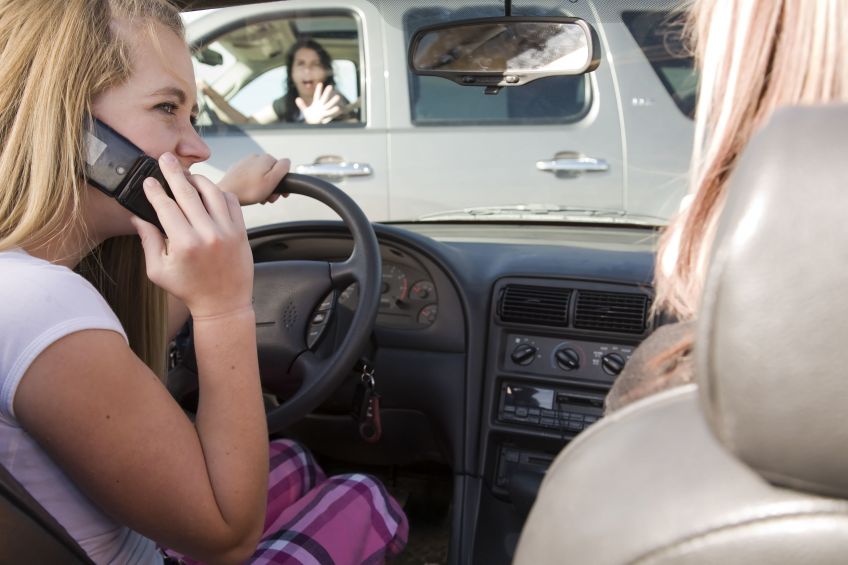When it comes teenagers getting enough sleep plenty of factors work against them, including hormones and school start times. On the heels of the National Sleep Awareness Project’s “Awake at the Wheel” campaign, new research reports that teenagers who have earlier school start times are at a significantly higher risk of being involved in motor vehicle accidents than their peers with later school start times.
Published in the current November issue of the American Academy of Sleep Medicine’s publication, Journal of Clinical Sleep Medicine, lead author and associate professor in the Division of Sleep Medicine at Eastern Virginia Medical School, Dr. Robert Vorona and his team compared weekday crash rates using the Virginia Department of Motor Vehicles records for teenage drivers in different counties.
Compared to Henrico County, Va. where high school starts at 8:45 am, high school begins at 7:20 am in Chesterfield, Va. and had a 29% higher weekday crash rate for teenage drivers during the 2009-2010 school year. During the 2010-2011 school year, the weekday crash rate for 16-17 year olds in the teenagers in Chesterfield County was also 27% higher than the teens that lived in Henrico County. Overall, Henrico County only had more 320 crashes involving teenagers, compared more than 520 that occurred in Chesterfield County.
Many researchers and public education officials have been in a long debate about when is the best time for teenagers to start school, and this study definitely points to teenagers not getting enough shut-eye. “Insufficient sleep appears to have deleterious consequences such as decrements in mood and increased risk taking, impaired academics and increased crash rates,” shared Dr. Vorona.
And, how could they possibly point to drowsy driving among those cases? The team took a second look at the incidents and found Chesterfield County the teenagers had more run-off-road crashes, a known indicator of a sleepy driver behind the wheel.
Surprisingly, there was no difference or comparison that could be made between adult drivers in the areas.
Teenagers should get a little more than 9 hours of sleep each night to be at their optimal performance and health levels according to The American Academy of Sleep Medicine. Help our young minds of the future reach their full potential by teaching health sleep habits and instilling the importance of high-quality snooze.


No comments yet.